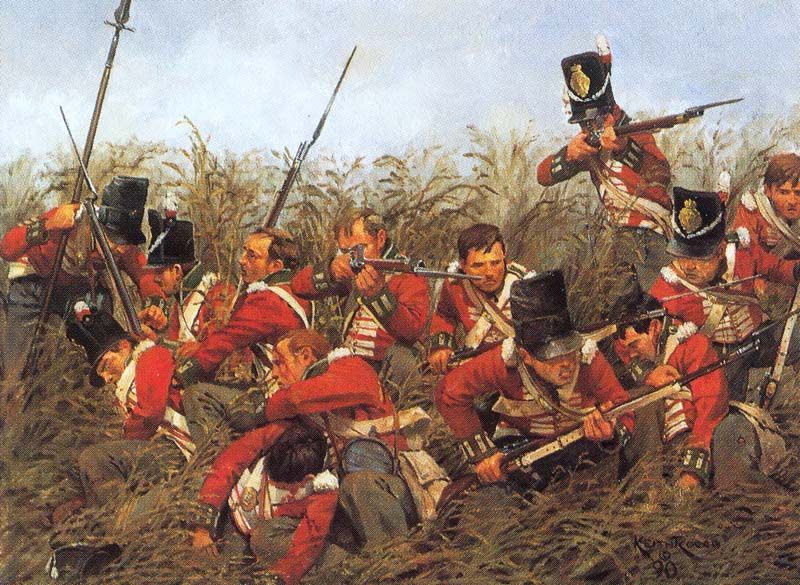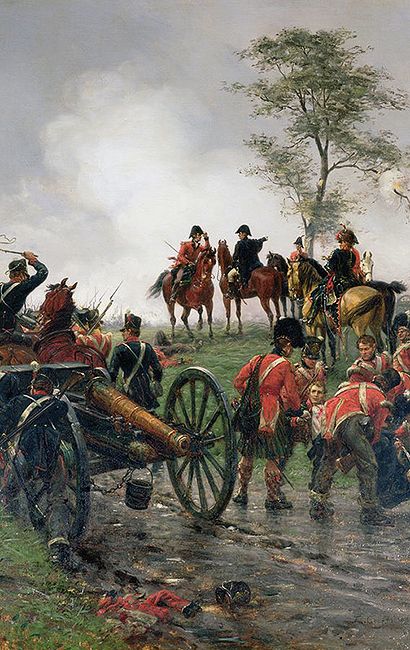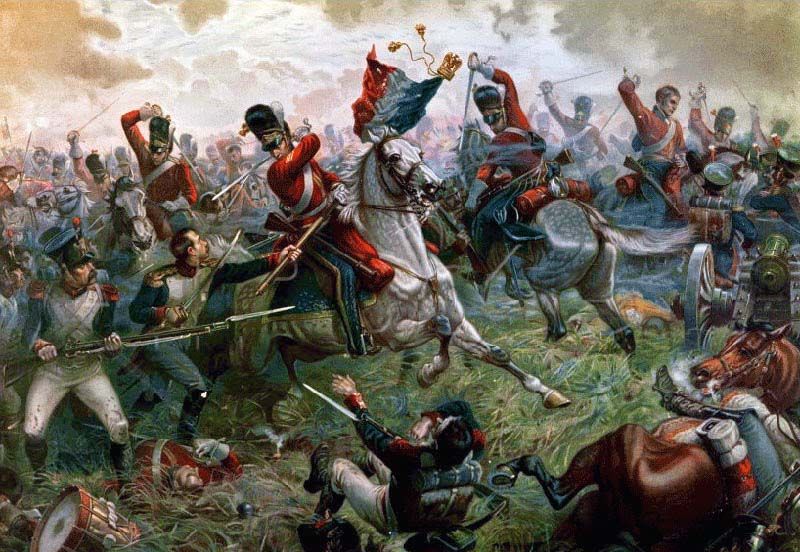
Have any of you already seen movie director Peter Jackson’s magnificent documentary about World War I, “They Shall Not Grow Old”? Today it is opening in 500 more theaters around the US after the preliminary viewings have been so well-received. What, you may ask, does this film have to do with the Regency? Bear with me.
My hubby and I went out in gusty minus 15 degree wind chills earlier in January to view this film, and I have to tell you, it is unforgettable. Jackson and his production teams delved through 100 hours of old, grainy film footage shot at varying speeds on hand-reeled cameras and 600 hours of oral history recordings made available by the British Imperial War Museum to pull together this amazing experience. By choosing a narrowly focused story and using every modern film and computer technique available to enhance the material, they truly captured an indelible, brilliantly rendered experience of being on the front lines in France during The Great War.
My brain always seems to pull things into a Regency frame of reference, and I felt that this film also captured a sense of what war in the Regency period would also have felt like. It probably captures it for any time, but the differences in technology between WWI and more recent wars are legion.

What struck me is that WWI’s ground war was probably the last that still somewhat resembled what wars had been like through history up to that point. In WWI, vehicles were still pulled by horses, and many officers still were mounted. Artillery cannon may have been more accurate and had a longer range, but the experience of loading and firing them (and receiving fire) had not changed much in 100 years. Infantry still used rifles with fixed bayonets. The misery of life in the trenches had not changed much, either.
The Napoleonic conflicts were just about as long past then as WWI is to us today. Jackson’s film does not try to capture the very different experiences of the air or sea parts of the Great War, where the technology differences would be more significant. But to me, the images of men trying to release a heavily-loaded team-drawn wagon from deep mud, or of the cannons rocking back when they fire, or simply of men waiting for battle, could have been pulled from Napoleonic France with very little added imagination.

Britain was at war with France from 1793-1815. There were impacts at home that may or may not inform the background of our Regency stories. The reality of men coming home wounded, or men who never made it home, of news events that people talked about, all form an underpinning to the era. Four of my Regency romances all feature heroes who served in the war, and in three of those, the effects of the war are deeply integral to the story.
Even impacts after the war, when the influx of soldiers coming home led to unemployment and other social problems, can figure in our stories, as a mere mention in passing or as an important part of plot or character.
Jackson’s film, at the end, shows exactly those same kinds of problems faced by the returning soldiers from WWI. We like to think the lack of gratitude or awareness was not as bad at the end of the Napoleonic Wars –people in Britain did fear the Little General might come right to their shores. Also, the population was not as huge, and every class felt some effect of war, whether it was the aristocratic families whose younger sons were officers, or the poor whose sons risked life and limb for the promise of pay. In WWI, the threat to Great Britain was perhaps not as vivid as it was before, or after. One soldier in Jackson’s film who was able to return to his old job after fighting in the war recalls being asked, “Where’ve you been, mate? Workin’ nights?”
I recommend this film to you, for a greater understanding of what the background of war can mean to our characters, and so to enrich our own storytelling. If it isn’t at a theater near you, it is also available online, at: https://tinyurl.com/y9ae3w2r . But the large screen version will be far more affecting, and it also includes a separate, fascinating short film about how Jackson made this amazing documentary. (Just be patient through the first few minutes.)
But be prepared –it isn’t pretty, and it is very moving. I managed not to cry until the end, but when the song Jackson chose for the credits began to play, I lost it. My paternal grandfather served in France during WWI (in the American army) and he used to sing that song all the time when I was a child. Hinkey-dinky-parlez-vous is embedded in my family memories. Although I must add, NOT most of the verses I heard sung for Jackson’s film!!
Have you seen the film? Do you think the similarities & emotion translate across 100 years of time to the Regency period? What do you think about the background of war in Regency romances?
